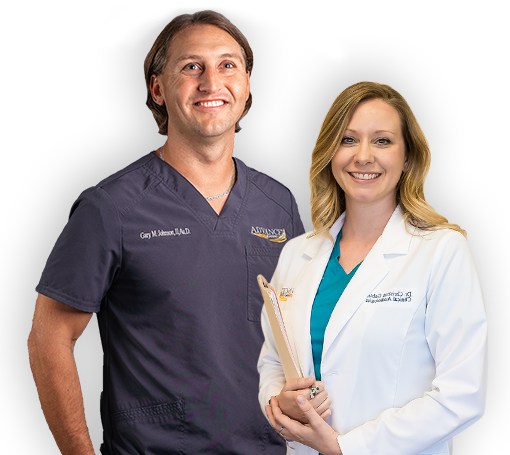
Single-sided deafness (SSD) is a condition marked by profound hearing loss in just one ear. When the loss is one-sided but more mild to moderate in nature, the condition is typically referred to as unilateral hearing loss. As you might expect, experiencing either of these hearing disorders can have a significant impact on daily living. Furthermore, both children and adults can be affected.
What Causes Single-Sided Deafness?
Sometimes, children are born with SSD. Other times, the condition happens gradually over time. There are also many cases of single-sided deafness that happen suddenly – over the course of a few days or even less.
Common causes of unilateral hearing loss or SSD include:
- Use of ototoxic medications
- Tumors
- Infections
- Diseases such as Lyme or Meniere’s Disease
- Head trauma
- … And more
When the onset of single-sided deafness is sudden, it’s important to seek help right away. That’s because some of the causes of SSD are actually treatable. When addressed early enough by an expert hearing professional, hearing loss can sometimes be reversed. If left untreated, however, the damage can be permanent.
How to Deal With Single-Sided Deafness in Everyday Life
For those who have a permanent case of SSD, it’s important to learn how to effectively cope with the condition. Follow these tips to live life to the fullest, even with unilateral hearing loss.
1. Be open with others about your single-sided deafness.
The truth is, most people want to help but they can’t if they don’t know what you’re dealing with. Don’t be afraid to tell friends, family members, co-workers, and even strangers that you have a deaf ear. Once they know about your condition, it’ll be much easier to avoid awkward situations that could arise if they don’t know.
2. Talk freely about how others can help you cope.
Many people living with single-sided deafness have found ways to adapt to their hearing loss. They automatically sit where others can face their ‘good’ ear. Or, they position themselves in front of a speaker so it’s easier to read lips. Share these adaptations with others and be up front about what they can do to help you. Most people are more than willing to speak clearly, sit or stand on your ‘good’ side, or do whatever it takes to help you hear better. They simply need to know what’s required of them.
3. Use body language to remind others of your single-sided deafness.
Many people won’t know you have SSD simply by looking at you. And even if they do know, it’s easy to forget unless they’re around you every single day. Simple non-verbal cues, like cupping your ear or leaning into a conversation, can help them remember and act accordingly.
4. Learn to accept your single-sided deafness.
If you haven’t fully come to terms with your unilateral hearing loss yourself, it can make it uncomfortable for those around you. On the other hand, they’ll be more at ease if you’ve accepted your condition and are open about it. Sometimes even embracing a little humor can break down barriers and make the situation easier for everyone involved.
5. Practice good communication skills.
Conversations can be awkward if you’re constantly interrupting others to get them to repeat what they’ve said. Instead, try to understand what you can and only interrupt when it’s absolutely necessary. It can also be very helpful to ask for a pause in the conversation so you can relay to the other party what you think you’ve heard. You’ll be able to check your understanding and they’ll have a reminder of what’s needed to communicate clearly with you.
6. Get appropriate hearing loss treatment.
Whether your single-sided deafness happens suddenly or gradually over time, it’s important to work closely with an audiologist or other hearing professional to get the care you need and deserve. If your hearing loss is permanent, there may be hearing aids that can help you hear better, even if they don’t return your hearing to normal levels.
Expert Hearing Health Services in Mesa and Scottsdale, AZ
At Advanced Hearing Group, we’re committed to helping people hear better so they can enjoy life to the fullest. That’s why we offer a variety of hearing-related services at Mesa and Scottsdale offices. Simply schedule an appointment with one of our audiologists today. We’ll conduct a thorough hearing evaluation, make recommendations for appropriate treatment, and get you on the road to hearing better as soon as possible!

The post 6 Helpful Tips For Living With Single-Sided Deafness appeared first on Hear Well – Live Well.
Source: Hear Well-Live Well Blog

